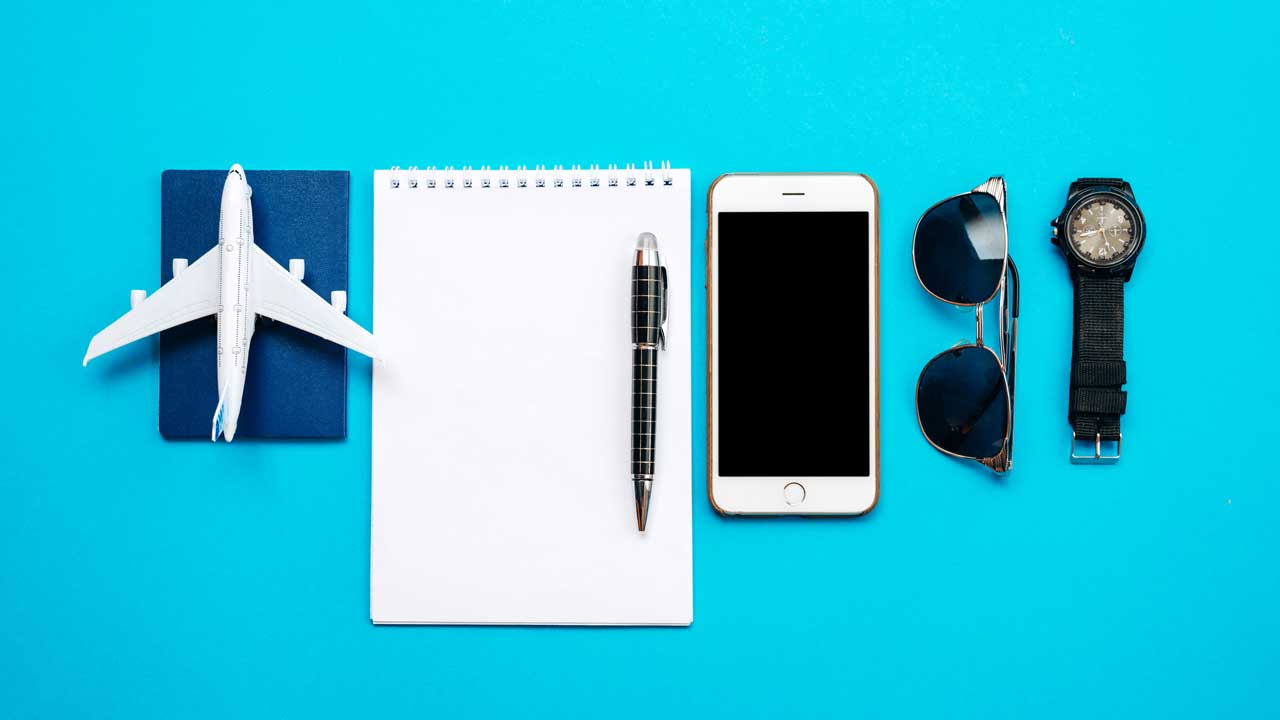The decision is made. You’ve chosen your destination, vetted your surgeon, and are embarking on a medical travel journey—a path that promises quality care and significant savings. But as your departure date nears, a familiar anxiety creeps in: What on earth do I pack?
Packing for a vacation is one thing; packing for a surgery trip is a whole different ballgame. Forget the swimsuit and novels; this requires strategic planning. The right items in your suitcase aren’t just about comfort—they are crucial tools for your peace of mind and a smooth recovery.
Forgetting a key document or a simple comfort item can turn a manageable situation into a stressful ordeal. This comprehensive medical travel checklist is your ultimate guide. We’ve meticulously organized everything you need, from non-negotiable paperwork to the little luxuries that make a big difference. Let’s ensure your focus remains on healing, not on what you left behind.
Part 1: The Non-Negotiables: Your Document & Financial Kit
This is the most critical section. Keep all these items in a dedicated, waterproof, and easily accessible document organizer. Make both physical copies and secure digital backups (like a password-protected cloud drive).
- Passport & Visas: Ensure your passport is valid for at least six months beyond your planned return date. Research and secure any required tourist or medical visas.
- Medical Visa Letter: If required, this is a formal letter from your chosen hospital or clinic confirming your appointment and procedure.
- Health Insurance Documents: Contact your provider to understand your international coverage. Also, secure any travel insurance or specialized medical tourism insurance that covers procedure complications and medical evacuation.
- Medical Records & Referrals: Bring copies of your complete medical history, recent test results, MRI/CDs, scans, and any referral letters from your home-country doctor.
- Treatment Plan & Cost Estimate: A detailed breakdown from the hospital outlining the procedure, surgeon’s credentials, hospital stay, and all-inclusive costs.
- Prescription List: A comprehensive list of all current medications, including dosages and generic names.
- Power of Attorney (POA) & Living Will: In case you are incapacitated, a POA allows a trusted travel companion to make medical and financial decisions on your behalf. A living will outlines your healthcare wishes.
- Emergency Contact List: Names, phone numbers, and email addresses of your primary care physician, family members, and your emergency contact back home.
- Credit Cards & Foreign Currency: Inform your bank of your travel plans to avoid frozen cards. Carry a mix of cash (in the local currency) and at least two major credit cards.
- Travel Itinerary: Flight confirmations, hotel reservations, and local transportation details.
Part 2: The Comfort & Convenience Kit: Easing the Journey
Your environment plays a huge role in recovery. Pack items that will make your hotel or hospital room feel safe, familiar, and comfortable.
- Comfortable Clothing: Think loose, soft, and easy to put on. Button-down shirts, zip-up hoodies, and wide-legged pants or pajamas are essential, especially if your surgery affects your mobility. Avoid anything that goes over your head.
- Slip-On Shoes & Non-Slip Slippers: You won’t want to bend over to tie laces. Slip-on shoes are vital for travel days, and grippy slippers are a must for navigating hospital and hotel rooms post-op.
- Personal Pillow & Blanket: A small pillow from home can provide immense comfort during long flights and recovery naps. It can also be used to cushion your incision site during car rides.
- Entertainment & Electronics:
- Smartphone, tablet, or e-reader loaded with books, movies, and music.
- Universal Power Adapter: A high-quality adapter is non-negotiable.
- Portable Power Bank: For keeping devices charged when you’re away from an outlet.
- Noise-Canceling Headphones/ Earplugs & Sleep Mask: Block out hospital noise and create a serene environment for restful sleep.
- Personal Care Items: While hospitals provide basics, your own favorites are better.
- Lip Balm & Moisturizer: Hospital and airplane air is notoriously dry.
- Your Own Toiletries: Shampoo, conditioner, body wash, toothbrush, and toothpaste.
- Unscented Lotion & Wet Wipes: Useful for quick clean-ups when a full shower isn’t possible.
Part 3: The In-Room Recovery Toolkit
This is your pro-level packing. These items address common post-surgery needs that hospitals might not fully supply.
- Hydration & Snacks: A reusable water bottle is a must. Pack some of your favorite, easy-to-digest snacks like granola bars, crackers, or tea bags.
- Over-the-Counter Aids:
- Stool Softeners: Anesthesia and pain medication can cause constipation. This is one of the most frequently forgotten yet most valuable items you can pack. (Always check with your doctor first).
- Gas-X: Laparoscopic surgery often involves pumped gas, which can cause painful bloating.
- A Small Notepad & Pen: Or use a notes app on your phone to track medication times, questions for your doctor, and how you’re feeling each day.
- A Long Phone Charger Cable: Hospital outlets are often frustratingly far from the bed.
- Gentle, Easy-to-Eat Foods: Pack some broth packets, instant oatmeal, or applesauce for when you have no appetite but need to eat.
Part 4: The Journey Home & Re-Entry
Your recovery doesn’t end when you check out of the hospital. Planning for the trip home is crucial.
- Continue Comfort-First Clothing: Wear the same loose, comfortable outfit and slip-on shoes you packed for the trip out.
- Request Airport Assistance: Pre-arrange a wheelchair or escort service with your airline for navigating large airports.
- Medication for the Flight: Discuss with your surgeon if you need to take a pain reliever before flying.
- Compression Garments: If your surgery requires them (like for liposuction or a tummy tuck), wear them as directed and pack a spare.
- A “Go-Bag” for the Plane: Keep your medications, documents, water, and entertainment in your personal item under the seat in front of you.
Final Preparations: Your Pre-Departure Mindset
Packing your suitcase is the final step, but your mental preparation is just as important.
- Confirm All Appointments: Double-check your pre-op and post-op schedules with the hospital.
- Learn Key Phrases: If there’s a language barrier, learn basic medical and comfort phrases in the local language, or have a translation app ready.
- Arrange Support: Having a friend or family member with you is invaluable. If traveling alone, ensure the hospital provides a patient coordinator.
For more on preparing mentally for your trip, check out this excellent resource from the CDC on Travel Health.


